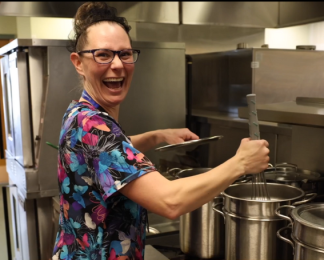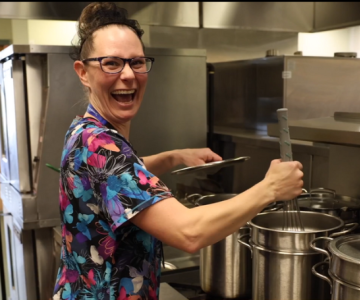Intensive Care Unit
The Intensive Care Unit (ICU) provides advanced monitoring and treatment to people who are severely ill, suffering from multi-organ failure or are unable to breathe on their own.
Depending the illness, the patient may need to be transferred to a different ICU with specialized services in Kelowna or Kamloops, our two Tertiary level ICUs. Once their condition improves and they can be cared for closer to home, they will be transferred as appropriate.














